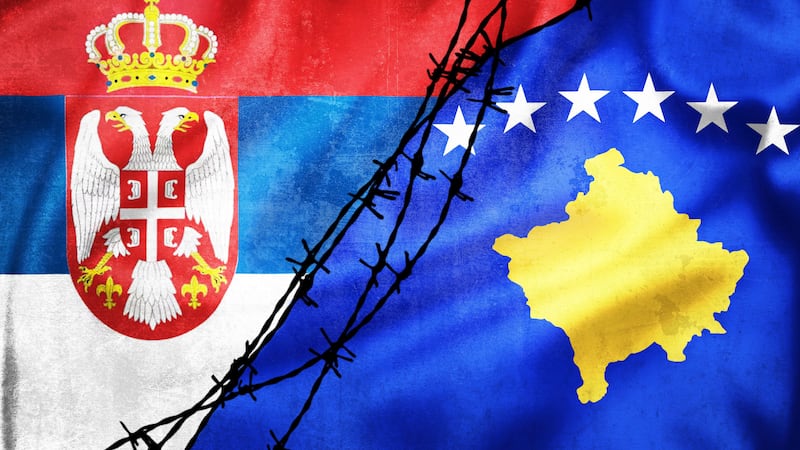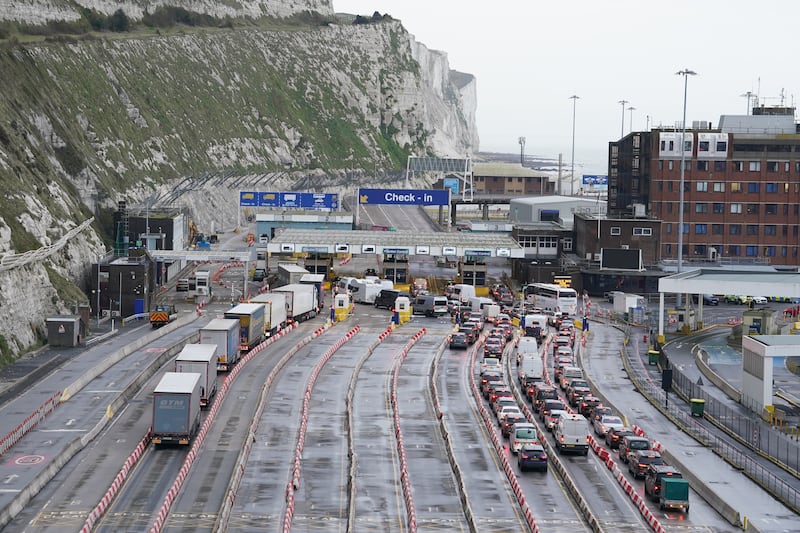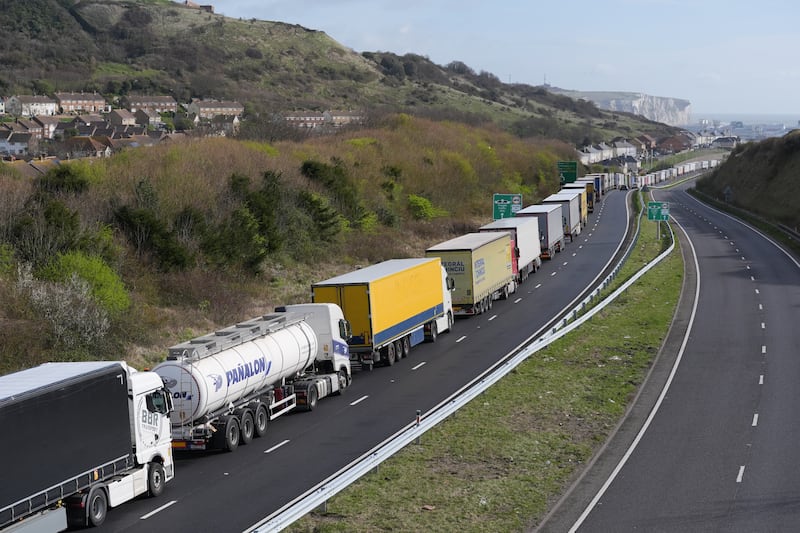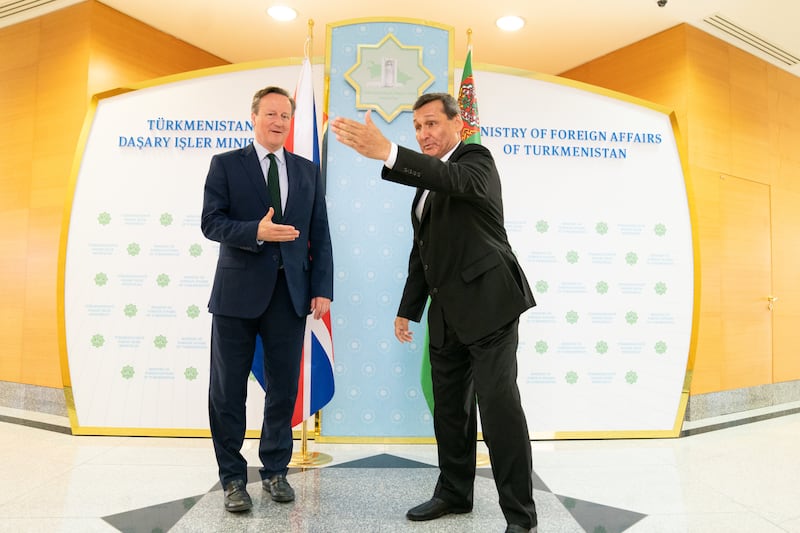Here is the full letter from British prime minister Boris Johnson to European Commission president Jean-Claude Juncker:
There is now very little time in which to negotiate a new Agreement between the UK and the EU under Article 50. We need to get this done before the October European Council.
This government wants to get a deal, as I am sure we all do. If we cannot reach one, it would represent a failure of statecraft for which we would all be responsible. Our predecessors have tackled harder problems: we can surely solve this one.
Both sides now need to consider whether there is sufficient willingness to compromise and move beyond existing positions to get us to an agreement in time. We are ready to do that, and this letter sets out what I regard as a reasonable compromise: the broad landing zone in which I believe a deal can begin to take shape.
Our proposed compromise removes the so-called "backstop" in the previous Withdrawal Agreement. I have explained the difficulties with this elsewhere, including the fact that it has been rejected three times by the UK Parliament.
Equally importantly in this context, the backstop acted as a bridge to a proposed future relationship with the EU in which the UK would be closely integrated with EU customs arrangements and would align with EU law in many areas. That proposed future relationship is not the goal of the current UK Government. The Government intends that the future relationship should be based on a Free Trade Agreement in which the UK takes control of its own regulatory affairs and trade policy. In these circumstances the proposed "backstop" is a bridge to nowhere, and a new way forward must be found.
Accordingly we are now proposing a new Protocol on Ireland / Northem Ireland. We are delivering the draft legal text of this Protocol to Task Force 50 today. I attach an explanatory note giving further detail of the proposal and I am making this letter and that note public today.
It is based around five elements.
First and foremost, our proposal is centred on our commitment to find solutions which are compatible with the Belfast (Good Friday) Agreement.
This framework is the fundamental basis for governance in Northern Ireland and protecting it is the highest priority for all.
Second, it confirms our commitment to long-standing areas of UK / Ireland collaboration, including those provided for in the Belfast (Good Friday) Agreement, but also others, in some cases predating the European Union: the Common Travel Area, the rights of all those living in Northern Ireland, and North/South cooperation. These were set out in the previous Protocol and should be maintained in the new one.
Third, it provides for the potential creation of an all-island regulatory zone on the island of Ireland, covering all goods including agrifood. For as long as it exists, this zone would eliminate all regulatory checks for trade in goods between Northern Ireland and Ireland by ensuring that goods regulations in Northern Ireland are the same as those in the rest of the EU.
Fourth, this regulatory zone must depend on the consent of those affected by it. This is essential to the acceptability of arrangements under which part of the UK accepts the rules of a different political entity. It is fundamental to democracy. We are proposing that the Northern Ireland Executive and Assembly should have the opportunity to endorse those arrangements before they enter into force, that is, during the transition period, and every four years afterwards. If consent is not secured, the arrangements will lapse. The same should apply to the Single Electricity Market, which raises the same principles.
Fifth, and finally, under these arrangements Northern Ireland will be fully part of the UK customs territory, not the EU Customs Union, after the end of the transition period. It has always been a fundamental point for this Government that the UK will leave the EU customs union at the end of the transition period. We must do so whole and entire. Control of trade policy is fundamental to our future vision.
This is entirely compatible with maintaining an open border in Northern Ireland. Goods trade between Northern Ireland and Ireland makes up a little over one per cent of UK-EU total trade in goods. It is entirely reasonable to manage this border in a different way. Any risks arising will be manageable in both the EU single market and the UK market, particularly as all third country imports will continue to be controlled by the EU and UK customs authorities.
We are proposing that all customs processes needed to ensure compliance with the UK and EU customs regimes should take place on a decentralised basis, with paperwork conducted electronically as goods move between the two countries, and with the very small number of physical checks needed conducted at traders' premises or other points on the supply chain. To enable this, we should both put in place specific, workable improvements and simplifications to existing customs rules between now and the end of the transition period, in the spirit of finding flexible and creative solutions to these particular circumstances. These arrangements can be underpinned by close cooperation between UK and Irish authorities. All this must be coupled with a firm commitment (by both parties) never to conduct checks at the border in future.
Overall, we recognise that our proposals will mean changes from the situation that prevails in Ireland and Northern Ireland now. Our common task is to make sure that these changes entail as little day-to-day disruption as possible to the current situation. I believe that our proposals will achieve that.
Finally, in order to support Northern Ireland through this transition, and in collaboration with others with an interest, this Government proposes a New Deal for Northern Ireland, with appropriate commitments to help boost economic growth and Northern Ireland's competitiveness, and to support infrastructure projects, particularly with a cross-border focus.
Taken together, these proposals respect the decision taken by the people of the UK to leave the EU, while dealing pragmatically with that decision's consequences in Northern Ireland and in Ireland.
- They provide for continued regulatory alignment for a potentially prolonged period across the whole island of Ireland after the end of the transition period, for as long as the people of Northern Ireland agree to that.
- They mean that EU rules cannot be maintained indefinitely if they are not wanted - correcting a key defect of the backstop arrangements.
- They provide for a meaningful Brexit in which UK trade policy is fully under UK control from the start.
- They ensure that the border between Northern Ireland and Ireland will remain open, enabling the huge gains of the Belfast (Good Friday) Agreement to be protected.
I hope that these proposals can now provide the basis for rapid negotiations towards a solution, together with finalisation of the necessary changes to the Political Declaration reflecting the goal of a comprehensive Free Trade Agreement, so that an Article 50 agreement can be reached, and the UK can leave the EU in an orderly fashion on 31 October. This will allow us to focus on the positive future relationship that I believe is in all of our interests.
I am copying this letter and paper to other members of the European Council and to Michel Barnier.








